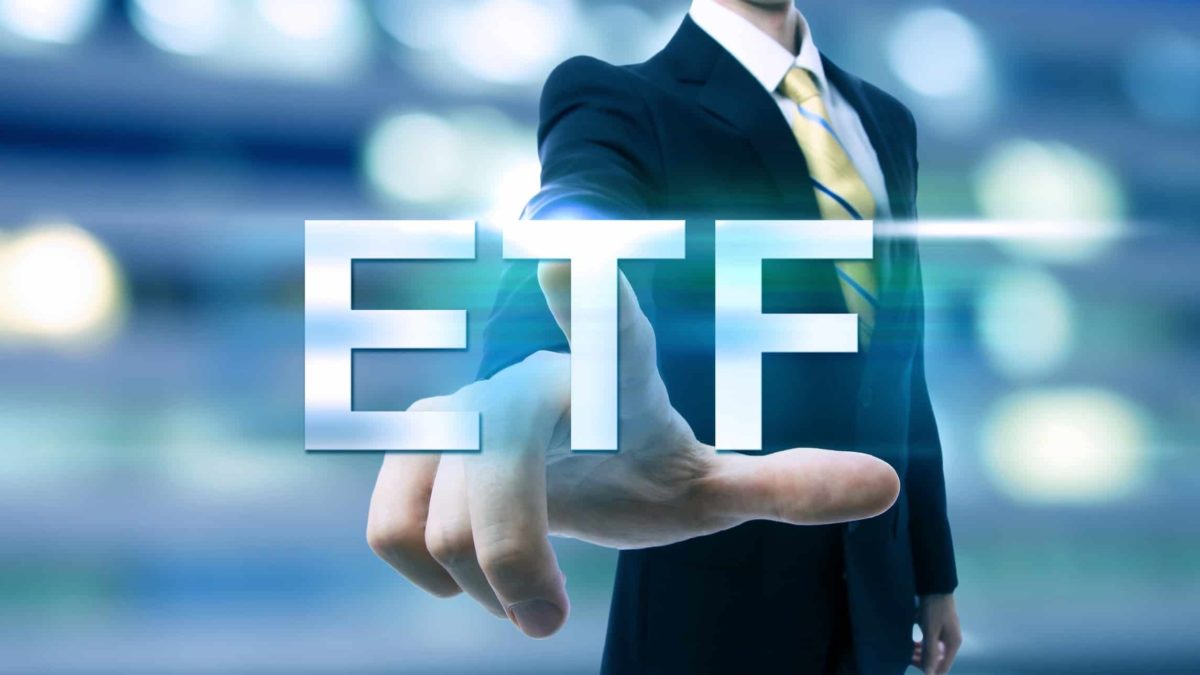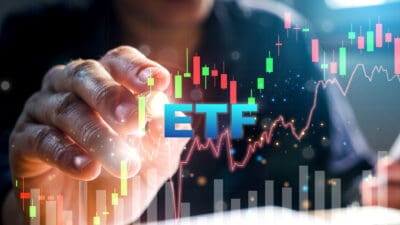The Vanguard US Total Market Shares Index ETF (ASX: VTS) suffered a volatile start to the week, dropping by 2% yesterday. When share prices fall, I get excited because I can potentially invest at a better value.
Lower share prices for good businesses is what I want as a potential investor. Warren Buffett, the leader of Berkshire Hathaway, explained in his 1997 annual letter:
If you expect to be a net saver during the next five years, should you hope for a higher or lower stock market during that period?
Many investors get this one wrong. Even though they are going to be net buyers of stocks for many years to come, they are elated when stock prices rise and depressed when they fall.
Only those who will be sellers of equities in the near future should be happy at seeing stocks rise. Prospective purchasers should much prefer sinking prices.
With this contrarian attitude in mind, is it a good time to invest in the VTS ETF?
Still up in 2024
The Vanguard US Total Market Shares Index ETF may have dropped 2% yesterday, but that's only giving up a portion of the recent gains.
It's still up more than 1% in the past month and has risen by 16% in 2024 to date. In other words, the 2% decline is a small dip rather than a large sell-off in the grand scheme of things.
Of course, it's possible the VTS ETF could keep dropping from here. But, I can only judge the ETF based on its current valuation.
Every month, Vanguard tells investors what the fund's portfolio financial characteristics are.
The VTS ETF certainly doesn't seem cheap on the surface, with a price-earnings (P/E) ratio of 25.7.
I'm not advocating that investors buy at a higher P/E ratio regardless of the value on offer. However, there's a good reason why this fund could still be a good buy.
VTS ETF higher quality than ever?
Over the years, the Vanguard US Total Market Shares Index ETF has become increasingly weighted to names like Apple, Microsoft, Nvidia, Alphabet, Amazon.com, Meta Platforms and Berkshire Hathaway.
Whilst portfolio concentration comes with its own problems, these businesses (and many other holdings) are very high quality and raise the average financial metrics.
The VTS ETF had a return on equity (ROE) of 24% at 31 July 2024, meaning the portfolio's companies are generating a 24% profit return on the retained shareholder money within the businesses. That suggests these businesses can continue growing profit at a good rate if they re-invest a significant portion of their newly generated profits back into themselves for more growth.
I'd rather invest in high-performing businesses than ones with a low ROE, low earnings growth and a low P/E ratio.
While it's not cheap, I still think the VTS ETF can deliver solid long-term returns.









